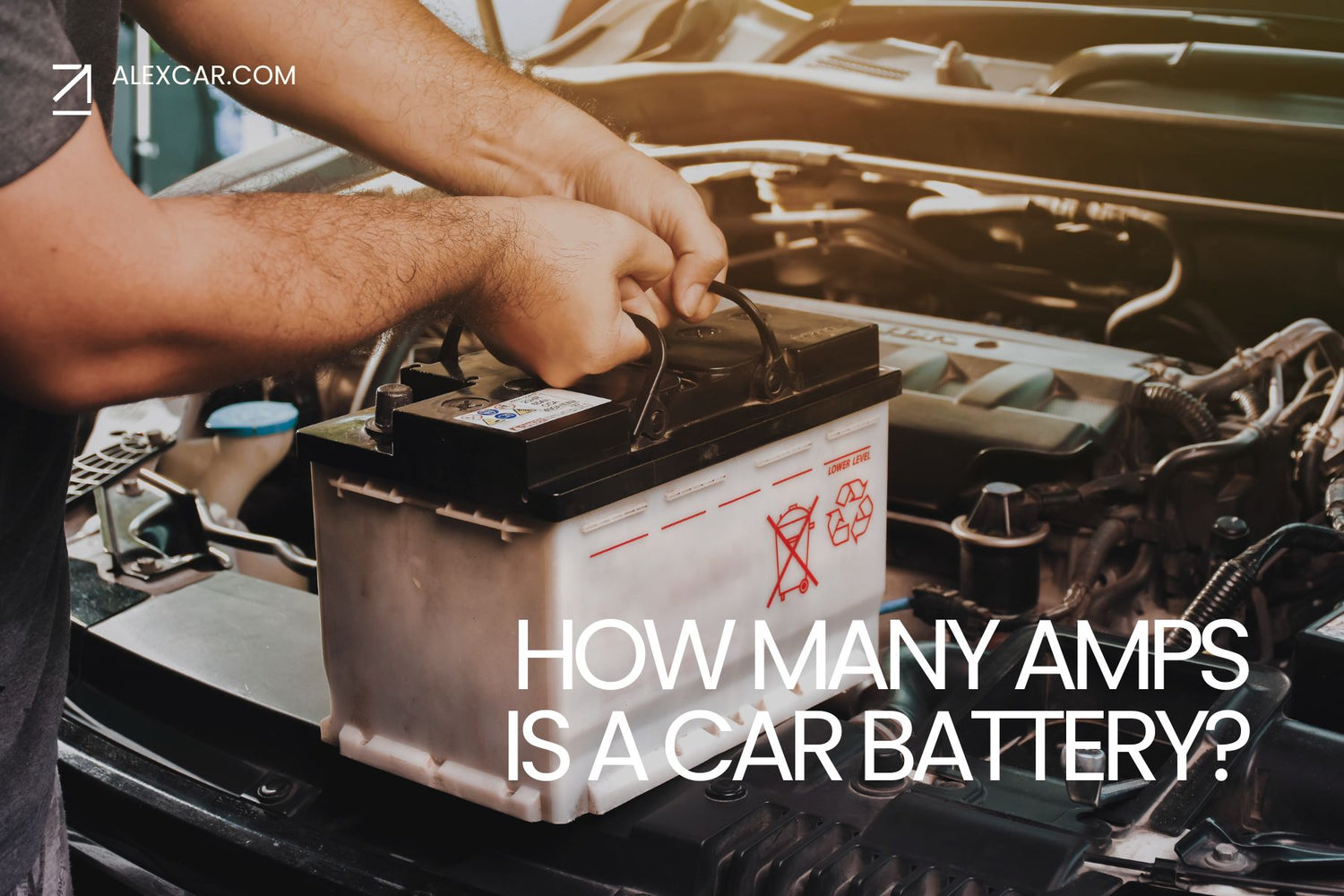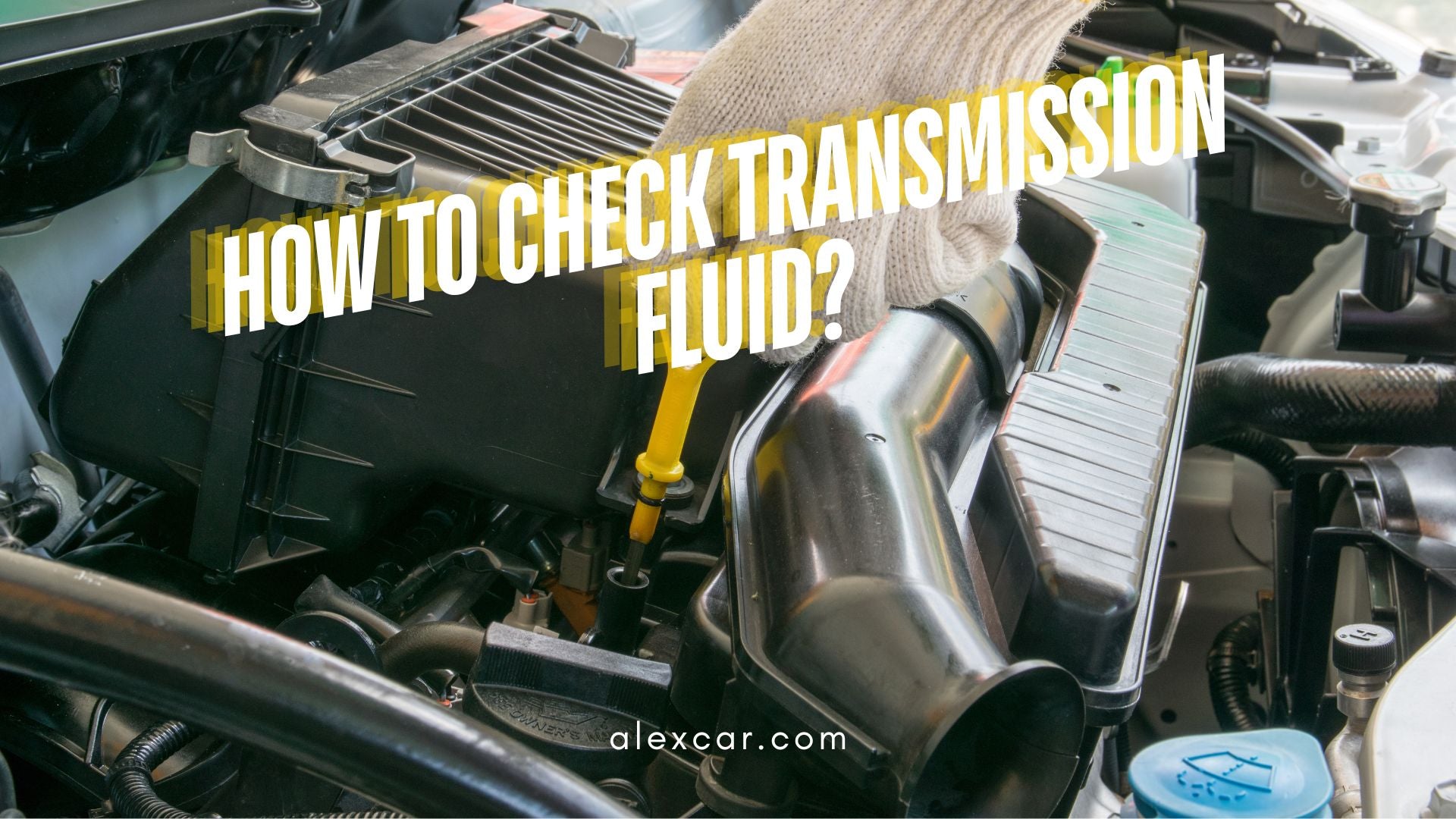When it comes to understanding your vehicle's electrical system, one of the most important components to consider is the car battery. The battery provides the necessary power to start your engine and keep various electrical components running. But have you ever wondered, "how many amps is a car battery?" In this comprehensive guide, we'll dive deep into the world of car batteries, exploring their amp ratings, types, and factors that influence their performance.
Understanding Car Battery Basics
Before we delve into the specifics of how many amps is a car battery, let's cover some fundamental concepts. A car battery is essentially a rechargeable electrochemical device that stores and provides electrical energy. It consists of lead plates immersed in an electrolyte solution, typically sulfuric acid.
When the battery is connected to an electrical load, such as the starter motor or headlights, a chemical reaction occurs within the battery, allowing electrons to flow and provide the necessary power. The battery's capacity to deliver this power is measured in amperes (amps).
Amp Ratings of Car Batteries
So, how many amps is a car battery capable of delivering? The answer varies depending on the specific battery and its specifications. However, most car batteries fall within a certain range of amp ratings.
Cold Cranking Amps (CCA)
One of the most common ratings you'll encounter when looking at car batteries is Cold Cranking Amps (CCA). CCA refers to the number of amps a fully charged 12-volt battery can deliver at 0°F (-18°C) for 30 seconds while maintaining a voltage of at least 7.2 volts.
Typically, car batteries have a CCA rating between 350 and 600 amps. For example, a battery with a 500 CCA rating can deliver 500 amps for 30 seconds at freezing temperatures without dropping below 7.2 volts.
| Battery Type | CCA Range |
|---|---|
| Compact Car Battery | 350-500 CCA |
| Mid-Size Car Battery | 450-600 CCA |
| Full-Size Car Battery | 500-800 CCA |
| Heavy-Duty Truck Battery | 800-1000 CCA |
Cranking Amps (CA)
Another rating you might encounter is Cranking Amps (CA). CA is similar to CCA but measured at a higher temperature of 32°F (0°C). The CA rating is usually higher than the CCA rating because batteries perform better at warmer temperatures.
Reserve Capacity (RC)
Reserve Capacity (RC) is a measure of how long a fully charged battery can deliver 25 amps continuously before its voltage drops below 10.5 volts. This rating gives you an idea of how long your battery can power essential accessories like headlights and the radio if your alternator fails.
Factors Affecting Battery Performance
Several factors can impact the performance of your car battery and its ability to deliver the rated amps. Let's explore some of these factors:

Temperature
As mentioned earlier, temperature plays a significant role in battery performance. Cold temperatures slow down the chemical reactions within the battery, reducing its ability to deliver high currents. This is why having a battery with a high CCA rating is crucial in colder climates.
Age and Condition
As car batteries age, their capacity to hold a charge and deliver the rated amps diminishes. Over time, the lead plates inside the battery can deteriorate, reducing its overall performance. Regular maintenance, such as keeping the battery clean and properly charged, can help extend its lifespan.
Parasitic Drains
Parasitic drains refer to small electrical currents that continue to draw power from the battery even when the vehicle is turned off. These drains can be caused by various factors, such as faulty electrical components or leaving accessories plugged in. Parasitic drains can gradually drain your battery, reducing its available amps when you need to start your car.
Testing Your Car Battery's Amps
If you suspect that your car battery might not be delivering the necessary amps, there are a few ways to test it:
Load Testing
A load test involves applying a specific electrical load to the battery and measuring its voltage drop. This test simulates the battery's performance under real-world conditions, such as starting the engine. Many auto parts stores offer free load testing services.
Multimeter Testing
You can also use a multimeter to test your battery's voltage and amps. To test the amps, you'll need to set your multimeter to the appropriate DC amps setting and connect it in series with the battery and a known load, such as a headlight or the starter motor.
However, it's important to exercise caution when working with car batteries and electrical systems. If you're unsure about conducting these tests yourself, it's best to seek the assistance of a professional mechanic.
Choosing the Right Car Battery
When it comes to selecting a car battery, it's essential to consider factors like how many amps is a car battery capable of delivering, as well as other key specifications. Here are some tips to help you choose the right battery for your vehicle:
Consult Your Owner's Manual
Your vehicle's owner's manual will provide specific recommendations for the battery type, size, and amp ratings suitable for your car. Make sure to follow these guidelines to ensure optimal performance and compatibility.
Consider Your Climate
If you live in an area with extreme temperatures, particularly cold winters, opt for a battery with a higher CCA rating. This will ensure that your battery can deliver the necessary amps to start your engine even in frigid conditions.
Look for Reputable Brands
Invest in a battery from a reputable brand known for its quality and reliability. Well-known brands often offer warranties and have undergone rigorous testing to ensure their products meet industry standards.
Consider Maintenance-Free Options
Maintenance-free batteries, such as Absorbent Glass Mat (AGM) batteries, require less upkeep compared to traditional flooded lead-acid batteries. These batteries are sealed, spill-proof, and often have a longer lifespan.
Signs of a Failing Car Battery
Knowing the warning signs of a failing car battery can help you address issues before they leave you stranded. Here are some common indicators:
- Slow engine crank: If your engine takes longer than usual to start, it could be a sign that your battery is struggling to deliver the necessary amps.
- Dim headlights: If your headlights appear dimmer than usual, it might indicate a weak battery that can't provide enough power.
- Clicking sounds: If you hear rapid clicking sounds when you turn the key in the ignition, it could mean that your battery doesn't have enough amps to start the engine.
- Swelling or bloating: If your battery case appears swollen or bloated, it's a sign of a serious issue, and the battery should be replaced immediately.
If you notice any of these signs, it's crucial to have your battery tested and replaced if necessary to avoid getting stranded with a dead battery.
Frequently Asked Questions
1. How long does a car battery last?
On average, a car battery lasts between 3 to 5 years. However, factors such as climate, driving habits, and maintenance can impact its lifespan.
2. Can I jumpstart my car with a battery that has lower amps?
While it's possible to jumpstart a car with a battery that has lower amps, it's not recommended. Using a battery with insufficient amps can potentially damage the electrical systems of both vehicles involved.
3. How can I extend the life of my car battery?
Regular maintenance, such as keeping the battery clean, properly charged, and avoiding parasitic drains, can help extend the life of your car battery.
Conclusion
Understanding how many amps is a car battery capable of delivering is crucial for ensuring optimal performance and reliability. By knowing the different amp ratings, factors that affect battery performance, and how to choose the right battery for your vehicle, you can make informed decisions and keep your car running smoothly.
Remember to pay attention to warning signs of a failing battery and address any issues promptly to avoid getting stranded. With proper care and maintenance, your car battery will provide the necessary amps to power your vehicle's electrical systems for years to come.




Leave a comment
This site is protected by hCaptcha and the hCaptcha Privacy Policy and Terms of Service apply.